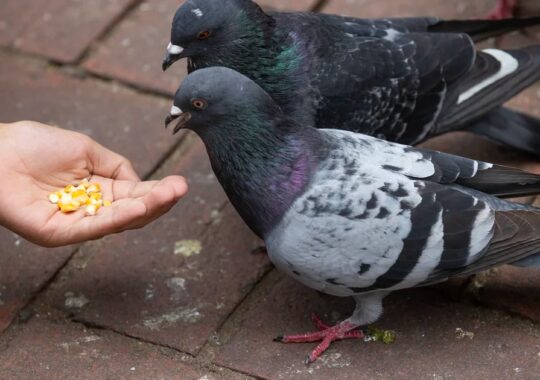2:34
07.12.2023 07:41
In the hustle and bustle of everyday life, a person may not notice that the heels on one shoe begin to wear out faster, the front part of the shoe gets dirty more often, and dirt remains on your trousers after a walk along a muddy road – such non-obvious signs indicate that your gait has changed. A traumatologist-orthopedist of the First professional network of orthopedic salons ORTEKA spoke about this Daria Cheremisova.
Photo: openverse.org by by dishwab is licensed under CC BY-NC-ND 2.0.
“It is worth noting that walking is the most natural physical activity available to humans. But if we consider its biomechanics, then this is a complex process in which a significant part of our musculoskeletal system is involved, about 200 muscles.
Gait disturbance implies a change in the nature of walking: shortening or lengthening the step, rhythm and symmetry, as well as a change in the position of the body, arms and legs during movement,” the doctor explained.
Factors that influence changes in gait are: orthopedic diseases – osteoarthritis and problems with the spine, foot deformities, development of flat feet, the appearance of a bump in the area of the big toe; injuries; calluses and corns are temporary, but they significantly affect the way we walk every day; neurological conditions – sensory or motor disorders; weight gain (obesity); infections; diabetes; cardiovascular diseases, reports Gazeta.Ru.
“Changes in gait are also influenced by non-obvious factors. So, your gait will be influenced by the lifestyle you lead, the type of office chair you have, and even the way you sleep—the condition of your spine determines the correct placement of your foot with each step.
There is a special classification that relates to the reasons for changes in gait: for example, coxalgic gait is typical for people who have been diagnosed with pain in the hip joint, and antalgic gait develops with injuries and arthrosis,” the orthopedist emphasized.
To understand the reasons for changes in gait, you need to contact an orthopedic traumatologist. And in order not to encounter changes in your gait, you can follow simple recommendations: do exercises, walk more, give preference to orthopedic shoes, undergo massage sessions, the doctor summarized.



